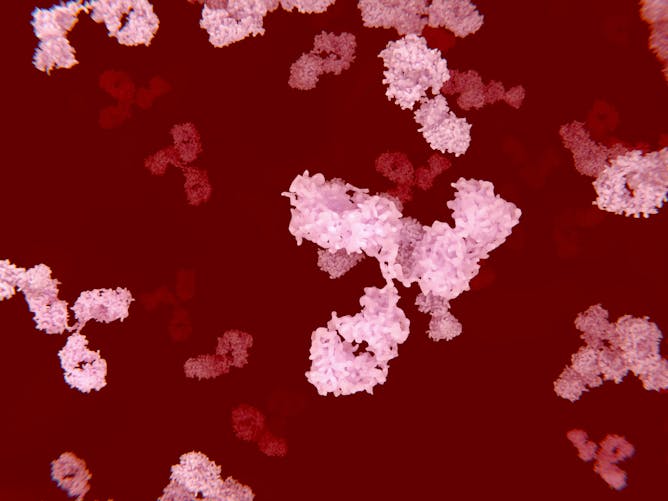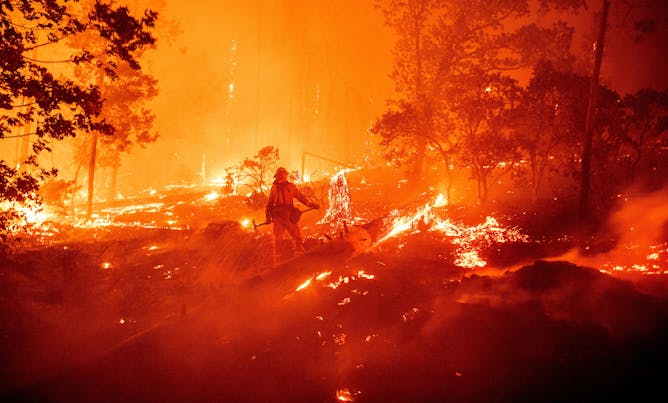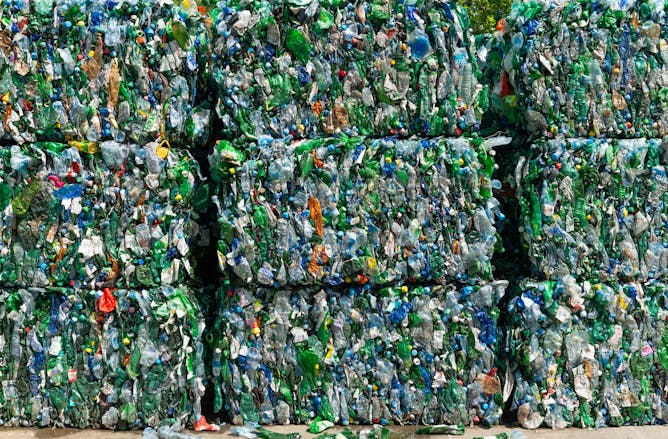|
Relatively early in the pandemic, we published an article pointing to how important the immune system is to understanding COVID-19. New research reminds us why that continues to be the case. Researchers looked at antibodies in COVID-19 patients and found the sickest patients generated antibodies that attack the body’s own tissue, rather than the virus. The study, which has not yet been peer-reviewed, adds to
the understanding of how the coronavirus makes people ill and, potentially, to better treatments.
Also in this week’s science and research news, a team of researchers describe the weather conditions making the West so dangerous for wildfires, while an Arctic climate scientist explains this year’s unusually late Arctic freeze. And a paleontologist tells the story of how fossils collected in the 1980s led to new insights into giant, “boney-toothed” birds known as pelagornithids that flew over Antarctica some 50 million years ago.
|

In autoimmune diseases, circulating antibodies destroy an individual’s own tissues.
JUAN GAERTNER/SCIENCE PHOTO LIBRARY/Getty Images
Matthew Woodruff, Emory University
Are antibodies that attack a patient's own organs contributing to severe forms of COVID-19? A new study suggests specific antibody tests that may reveal the answer.
|

The 2020 wildfire season has been shattering records across the West.
Josh Edelson/AFP via Getty Images
Mojtaba Sadegh, Boise State University; Ata Akbari Asanjan, NASA; Mohammad Reza Alizadeh, McGill University
The 2020 wildfire season has shattered records across the West. It's a trend that's headed in a dangerous direction.
|

Bales of plastic waste destined for recycling.
Koron/Getty Images
Susannah Scott, University of California Santa Barbara
Plastic waste is a global problem. Now a chemist has developed a new strategy for breaking down the most common plastic so it can be not just recycled, but upcycled into desirable goods.
|